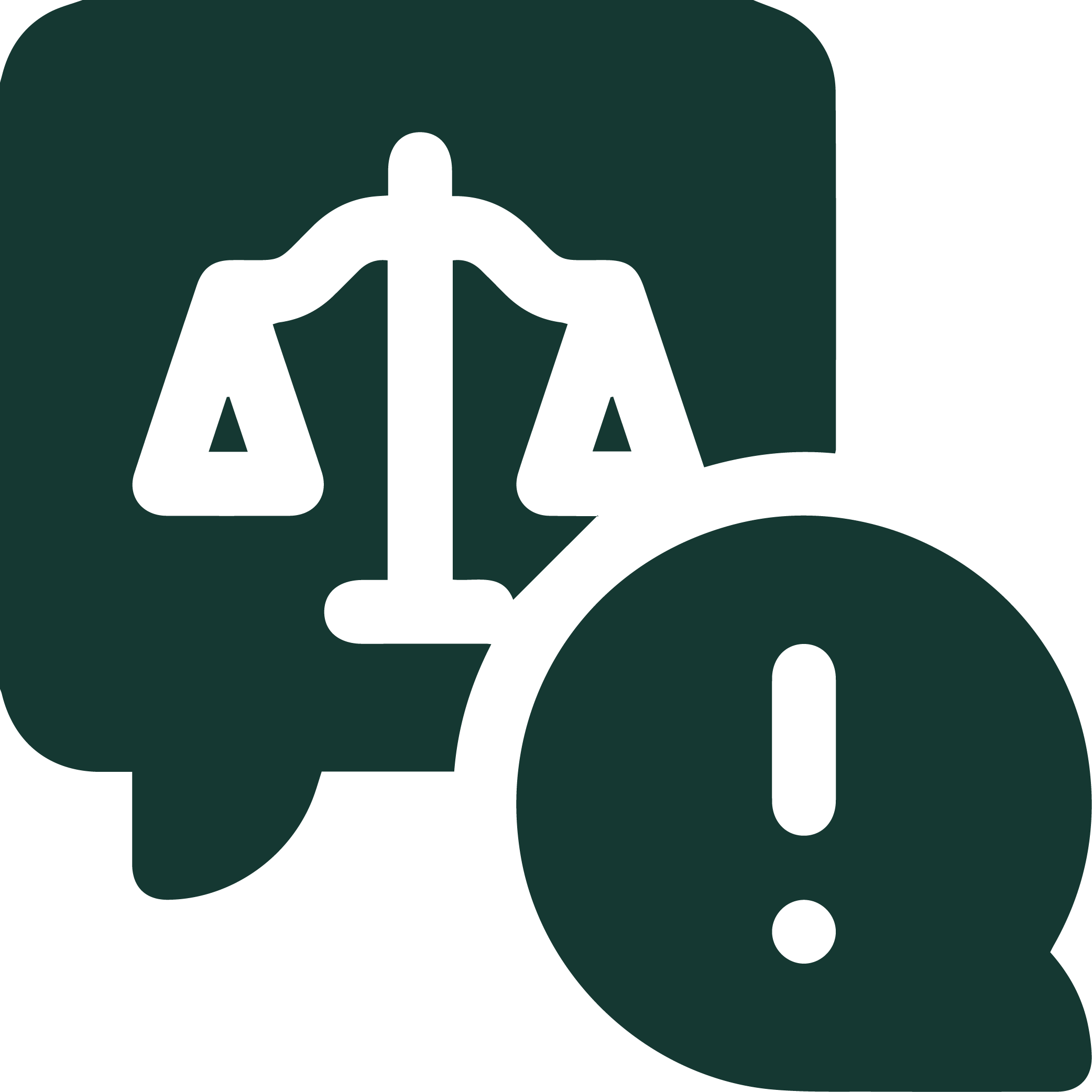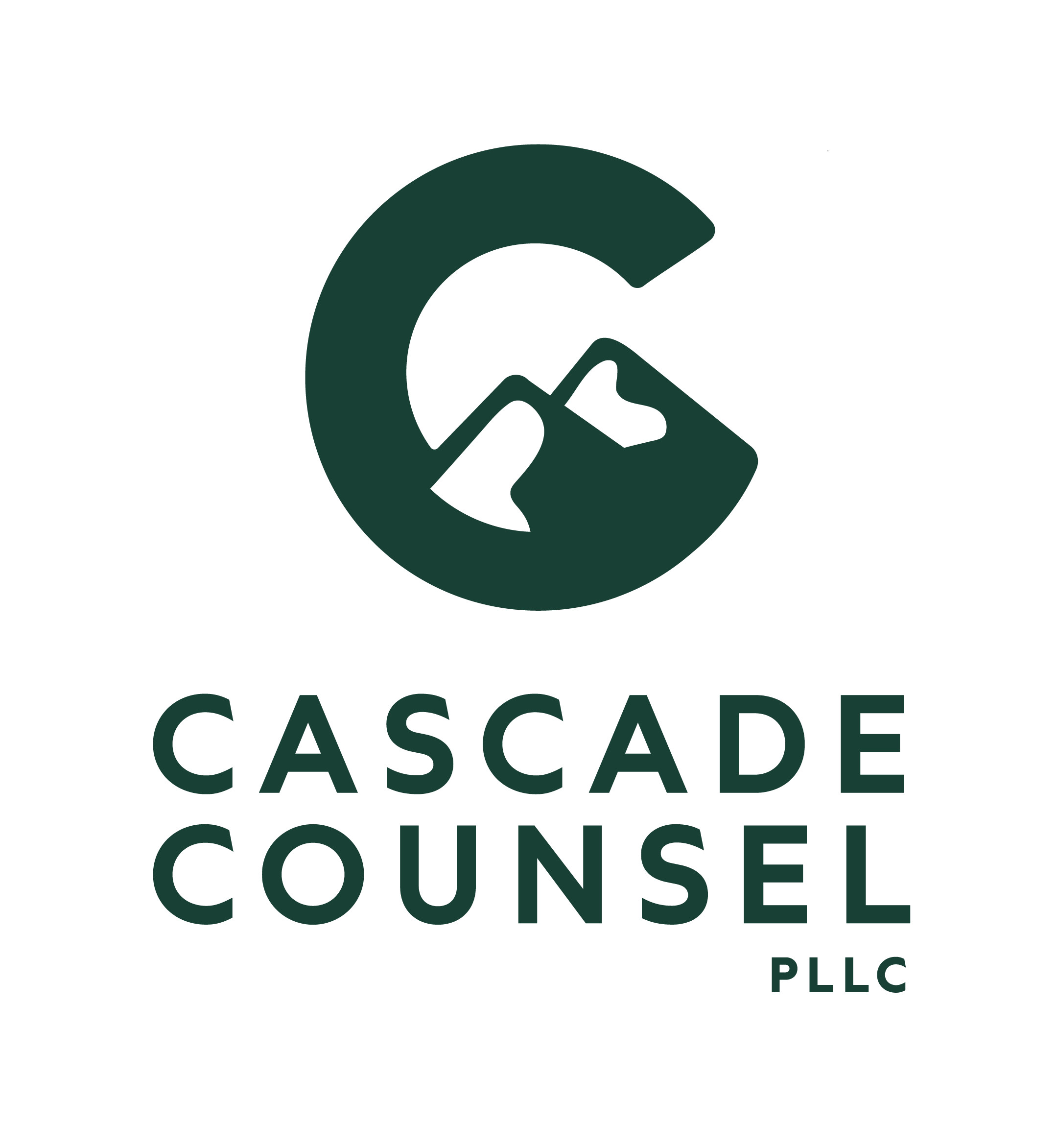Crafting A Lease
Crafting a RESIDENTIAL
Lease Agreement
Ensure your lease agreement is airtight and protects your interests. From quick questions about a how use forms to crafting new documents from scratch, we can help simplify the process from start to finish.
Introduction
A lease is a legally binding contract that gives a tenant the right to occupy and use property for a specific period in exchange for regular rental payments. This agreement stipulates the rights and responsibilities of both the landlord and tenant and brings the foundation for a successful rental relationship A clear, comprehensive lease agreement is the cornerstone of any successful Washington landlord-tenant relationship.
Crafting a legally enforceable lease goes beyond filling in a template: it requires close attention to Washington’s Residential Landlord Tenant Act, local ordinances, and tailored expectations for both landlords and tenants. This article highlights some essentials for ensuring compliance, protecting your rental property, and reducing the risk of costly disputes.


A Quick Note on Just Cause Eviction
Washington is one of several states that has imposed restrictions on the common law rules for evictions and other actions resulting in residential tenants being removed from their homes. At a state level, these are organized primarily in RCW 59.18.650, but local laws apply too. Under the state law, there are fundamental differences between qualifying term leases and periodic (or month-to-month) leases. Once a tenant has ever been on a periodic lease, many of the benefits of using term leases are lost forever. Check out our Just Cause Eviction article for more information.
Benefits of a Written Washington Lease Agreement
A common misconception we hear from our clients about tenants is that “they don’t have a lease, there’s nothing in writing.” But this is not the case. Oral agreements and/or the conduct of the parties can establish what is called an “oral lease” for residential property. These oral leases are periodic, or month-to-month, and are just as legally binding as written leases but without any of the benefits.
Having uniform lease agreements makes management, renewals, and sales easier for landlords. Management is easier because there is a clear record of the terms of the agreement, which can be defined. Renewals are easier because term leases, by their nature, end on a fixed date. And sales are easier because prospective buyers are able to evaluate written leases with for more certainty than their oral counterparts. In some cases, such as for collecting security deposits having a written lease is even required.

Defines Terms & Conditions
Clearly outlines lease terms, ensuring both parties understand their obligations.

Protects Rights & Responsibilities
Adheres to state laws to protect both landlord and tenant rights.

Prevents Disputes & Legal Issues
Well-drafted agreements with clear language help avoid misunderstandings and legal conflicts.
Essentials of a Residential Lease Agreement
Lease agreements should be comprehensive and compliant, unlawful terms are unenforceable and most of a residential tenant’s rights are nonwaivable, regardless of what they agree to. Each agreement should be unique with specific details for the parties, rental premises, and rental terms. We elaborate on some of these specifics below:

Names and Contact Information
Full names, addresses, and contact numbers of both the landlord and tenant (property manager too, if applicable).
Property Description
Detailed address, description of the dwelling, bed/bath count, square footage, and any other property rented.
Lease Term and Rent Amount
Duration of the lease with dates, rental amounts, payment due dates, and any late fee terms.
Security Deposit and Fees
Specify the security deposit amount, non-refundable fees, and conditions for retaining the deposit.
Rules and Regulations
Property use and conduct rules, such as noise levels, pet policies, and common area usage rules.
Maintenance and Repairs
Responsibilities for property maintenance and repair procedures. Establish a protocol for tenants to report issues.
Termination and Renewal Clause
Conditions and notice period for termination, renewal terms, and any options.
Mandatory Disclosures
Federal, state, and local law all require disclosures. Common examples include lead paint, fire safety, and mold.
Local Laws
15+ local Washington municipalities and counting have their own extra rules, be sure to double-check.
Signatures of All Parties
Signed by the landlord, tenant, and any co-signers, with dates. The landlord must provide copies.
Again, all properties, units, tenants, and rental businesses are different. While forms are a great start for addressing most of the key issues most of the time, it is always important to pay attention to what is in the forms and be prepared to think critically when addressing unique circumstances.
Disclaimer
This article is provided for informational, educational, and marketing purposes only and does not constitute legal advice. The content is current as of its publication or last review and may not reflect the latest legal developments. Do not rely solely on this information—consult a qualified attorney regarding your specific situation.
Let Our Landlord Tenant
Lawyers Help You
A well drafted Washington lease agreement not only clarifies rent, security deposit, and maintenance obligations but also enforces the protections of state and local landlord tenant law. By tailoring your lease to reflect your unique requirements, you safeguard your rental property while laying the foundation for stable rental operations on your terms going into the future. Contact us at Cascade Counsel for help with any of your lease review, drafting, and compliance needs.
